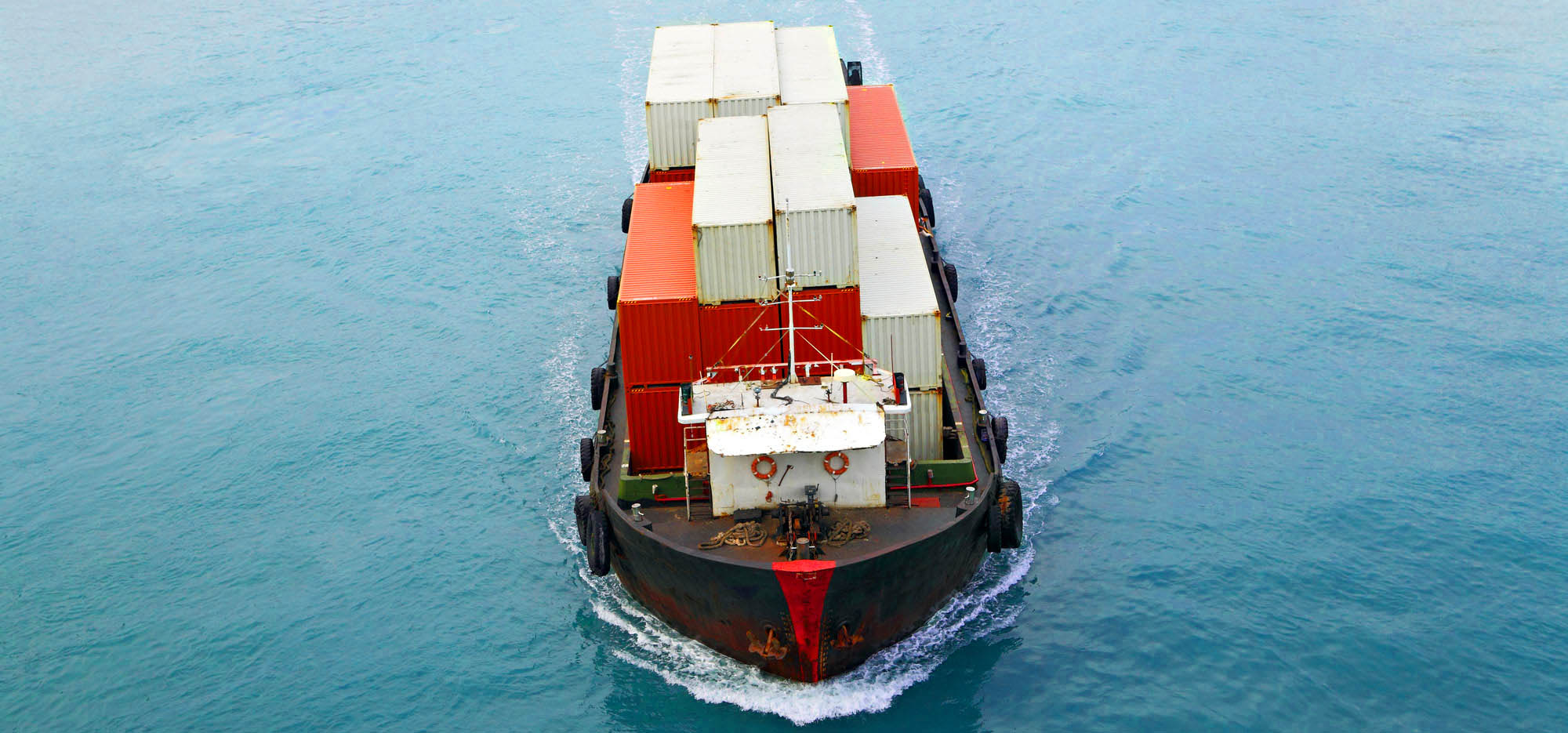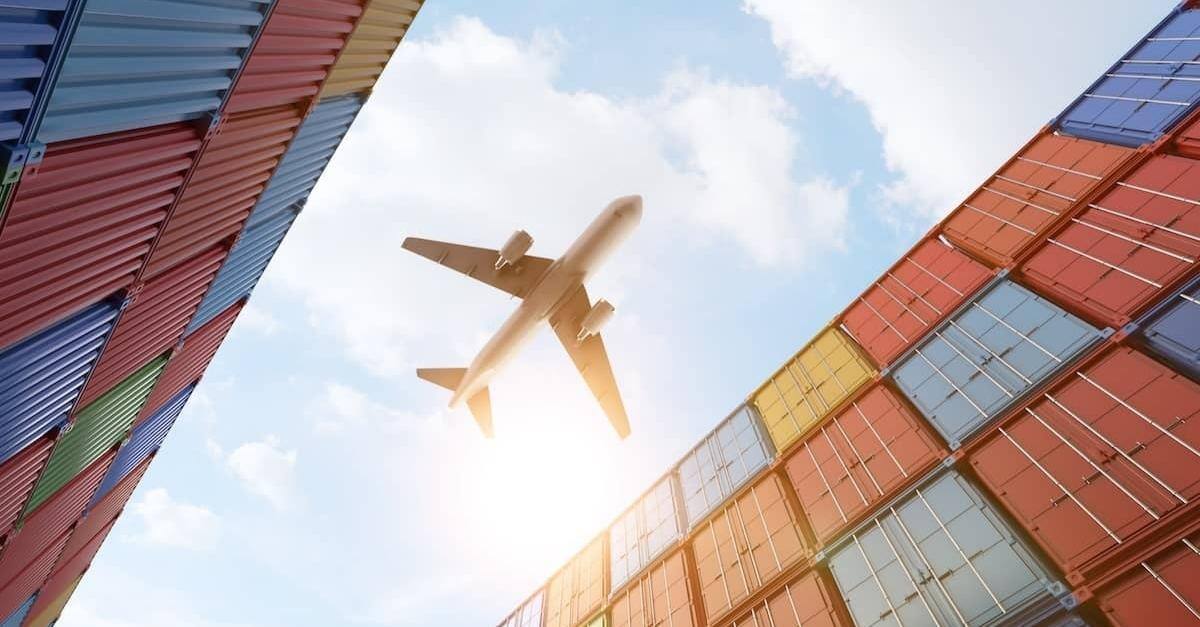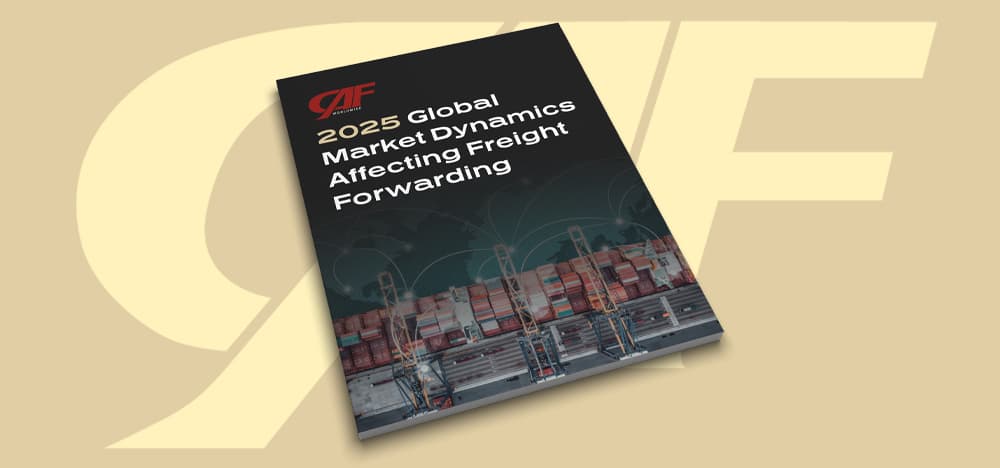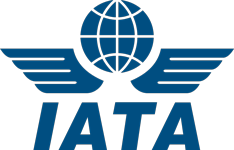Just as the novel coronavirus (COVID-19) has transformed the way we work and socialize, it has also left lasting impacts on world trade, shipping and logistics, and ocean and air freight transportation.
The critical commentary below contains key insights from top industry executives as they grapple with COVID-19’s continuous effects and changes.
For more information, contact CAF Worldwide today, and subscribe to download our Quarterly Forecast for additional insights, and much more.

Ashley W. Craig
Co-Chair, International Trade and Logistics Group,
Venable LLP
“In the immediate aftermath of the novel coronavirus (COVID-19) lockdowns, the need for clarity on what was deemed critical infrastructure and essential business operations quickly manifested. At first, there was little-to-no federal oversight, but eventually the Department of Homeland Security developed guidance that was needed not only for the private sector, but for coordination with state and local governments. In certain ways, the pandemic has been addressed differently than the Sept. 11 terrorist attacks in the sense that we have not yet seen a truly coordinated response by the U.S. government, trading partners, and the trade community. On a positive note, we have been encouraged by the outreach from the key trade agencies.”
“The impact of COVID-19 on retail cannot be understated. For some segments it was another holiday season, stressing all parts of logistics, supply chains, and the workforce. For others, sales came to a screeching halt. While most have been focused on surviving and thriving, we are beginning to see a resurgence in certain technologies that were experiencing slow growth prior to the pandemic. Technologies whose basic return on investment comes from a reduction in labor hours such as self-checkout, kiosks, mobile payments, electronic shelf labels, and others are seeing a significant resurgence as a result of the pandemic. The difference, however, is these technologies are being justified socially not because of labor savings, but under the moniker of ‘customer and associate safety.’ For those retailers that created jobs during the pandemic, this story works. For those with declining jobs in survival mode, it also works. What was perhaps socially not acceptable in many circles is now accepted as being responsible for the sake of safety.”

Amit Mehrotra
Managing Director, Airfreight & Surface Transportation/
Shipping,
Deutsche Bank
“COVID-19 will increase demand for industrial warehouse real estate as retailers respond to exploding e-commerce growth. E-commerce was already among the fastest- growth segments of the economy prior to COVID-19, eclipsing $600 billion in sales in 2019 and increasing at a 15 percent compounded annual growth rate since 2010. The global pandemic is likely to accelerate this already strong pace, necessitating further shifts in global supply chains to facilitate the need for speed. Retailers are responding by closing stores, and we’ve observed a more than 30-percent decline in delivery times of e-commerce sales of traditional retailers. Faster delivery times require more fragmented supply chains, namely inventory positioning near final destination points through more fulfillment sites. [Real Estate Investment Trust company] Prologis recently estimated that every one percentage point of share shift from bricks and mortar to online translates to 46 million square feet of net logistics real estate demand in the United States. When considering e-commerce, today represents only 16 percent of total U.S. retail sales—the tailwinds supporting logistics real estate are strong and sustainable.”
“Shippers must keep one eye on the business and the other on industry news, especially about what is going on with lawmakers and regulators in Washington. Of course, trusted partners—like long-time service providers [carriers, intermediaries, brokers, legal counsel]—are good resources to lean on during times like these. Trade associations, and other stakeholder groups advocating for the trade community, continue to provide insight and meaningful value during these uncertain days.”
The above insights were excerpted from the CAF Quarterly Forecast. For more, please subscribe below to download the full Q3 2020 edition.

Download The Quarterly Forecast Now
Issue 8: July 2020
Featuring Insights from Customs Brokerage Expert and CAF Worldwide CEO Joe Barry, Trade Lane Notes by Director of Operations Torie Coleman, Thought Leader Commentaries, Legal Insights, and more!








.jpeg?width=87&name=Sudduth_Wes_HIGH%20(1).jpeg)









 Copyright 2025 CAF Worldwide. All rights reserved.
Copyright 2025 CAF Worldwide. All rights reserved.